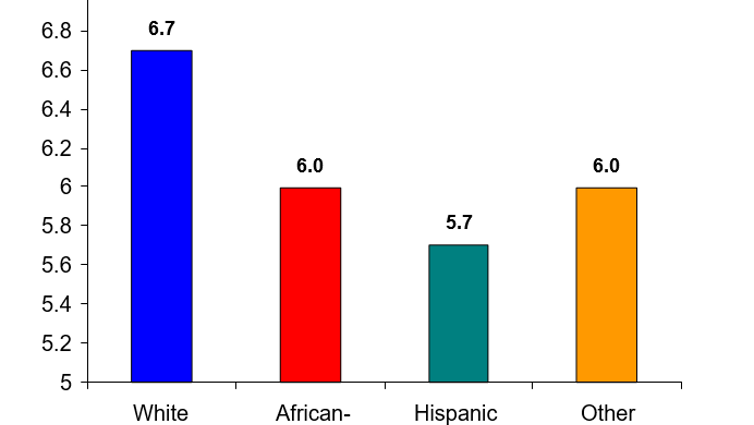Gulf blockade: Qatar hugs and makes up with its warring neighbours – but will it last?
Shortly after four Arab countries – Saudi Arabia, the United Arab Emirates, Bahrain and Egypt – imposed an embargo on Qatar in 2017, I flew into the country’s capital Doha. Hamad airport – usually buzzing with visitors from the Gulf countries (one of every four visitors to Qatar in 2015 came from Saudi Arabia) – was eerily quiet. The four countries severed ties with Qatar in June 2017 after they accused Doha of supporting terrorism. They demanded the shutdown of Qatari news network al-Jazeera as well as calling on the country to downgrade its relations with Iran. Doha defiantly rejected the accusations and agreed to mediation from Kuwait and the US to end the standoff. Qatar has estimated its lossesContinue Reading













